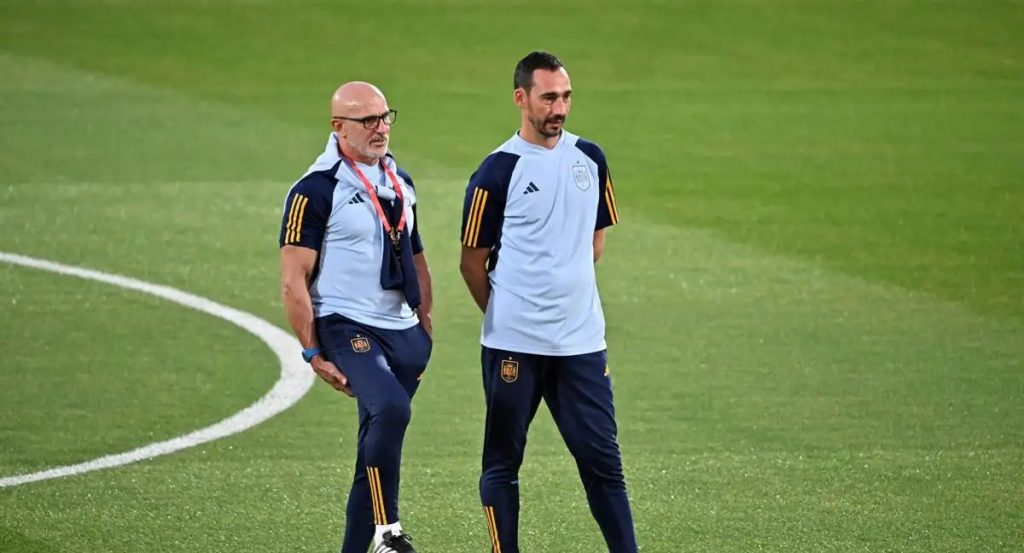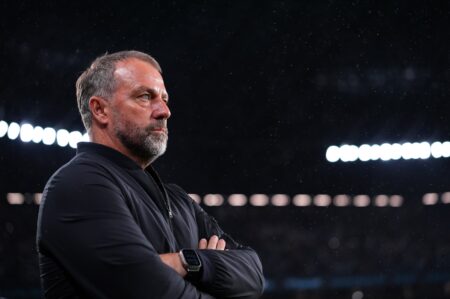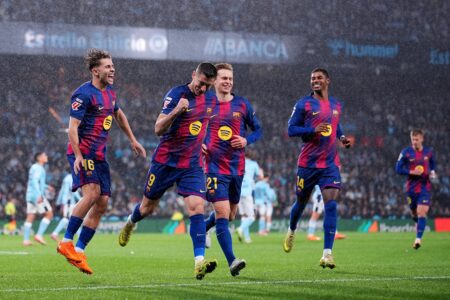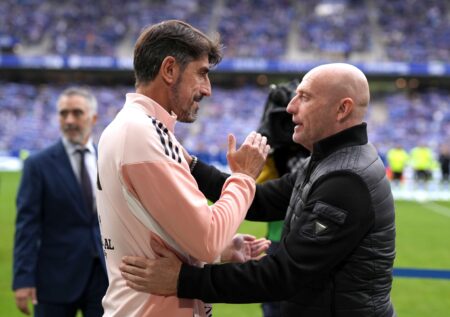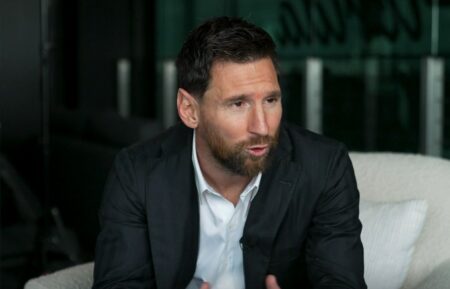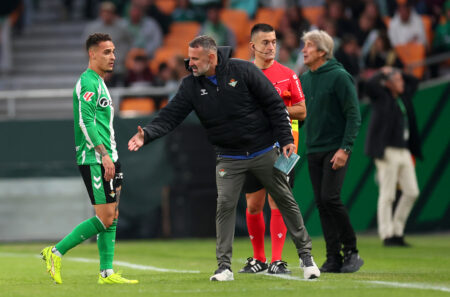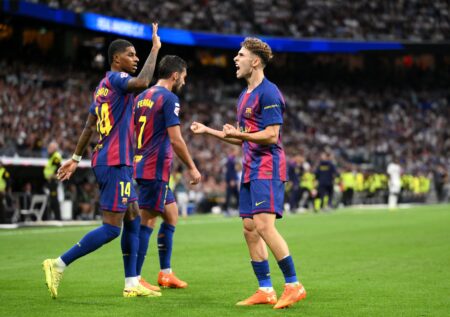Spain’s Coaching Staff Revamp: A New Chapter Begins
Spain’s national football team has undergone a swift and strategic reshuffle of its coaching staff, with the departures of Pablo Amo, Carlos Rivera, and Hector Rincon. The Royal Spanish Football Federation (RFEF) has opted to promote from within rather than seek external replacements, a decision that reflects their trust in the talent and experience already present within their ranks. Pablo Amo’s move to Al-Arabi in Qatar, reportedly driven by a lucrative €6 million per season offer, marks a significant transition for the team. Alongside him, Carlos Rivera, the first-team fitness coach, and Hector Rincon, the youth team analyst, are also embarking on new ventures in the Middle East. This trio has been instrumental in shaping Spain’s recent successes, and their absence will undoubtedly be felt.
Welcoming Juanjo Gonzalez: A Familiar Face Steps Up
On February 13, 2025, the RFEF announced that Juanjo Gonzalez will be taking over as Luis de la Fuente’s assistant coach. Gonzalez, with his deep roots in Spanish football, has been a part of the Federation since 2013. His experience spans various roles, including assistant manager, analyst, and goalkeeping coach in both men’s and women’s youth categories. This multifaceted background positions him well to step into Amo’s shoes. Gonzalez previously collaborated with both Luis Enrique and Luis de la Fuente, making his promotion a natural and seamless transition. His comprehensive understanding of the Spanish football system and his ability to work closely with players and staff will be crucial in maintaining the team’s momentum.
Alberto de la Fuente: A Rising Talent Joins the Ranks
Another notable addition to the coaching staff is Alberto de la Fuente, the son of the current manager. Alberto joined the RFEF setup in 2022 and brings a wealth of experience from his time with the Huesca analysis team. Over the past few years, he has been an integral part of Santi Denia’s under-21 coaching staff, contributing to their Olympic victory in Paris last summer. His analytical skills and fresh perspective are expected to complement the existing strengths of the coaching team. The appointment of Alberto also reinforces the family’s deep connection to Spanish football, a testament to the strong foundation and continuity within the management structure.
A Positive Outlook from De la Fuente
Luis de la Fuente, the current head coach, expressed a positive and supportive attitude towards Pablo Amo’s new opportunity. In a statement, de la Fuente highlighted that he had encouraged Amo to take the role, recognizing the significance of the professional challenge and the financial incentives. This gesture underscores a professional and respectful working relationship, ensuring that the transition is smooth and collaborative. De la Fuente’s confidence in his new team suggests that the RFEF’s decision to promote from within is well-aligned with the team’s long-term goals and the high standards they have set for themselves.
The Impact of Departures on Recent Successes
Pablo Amo, Carlos Rivera, and Hector Rincon have been credited with much of the tactical and physical preparation that led to Spain’s triumphs in Euro 2024 and the Nations League the year before. Their absence will require the new coaching staff to adapt quickly and effectively to maintain the team’s competitive edge. Spain is widely considered one of the favorites to win the 2026 World Cup, a lofty ambition that necessitates the right blend of experience, innovation, and teamwork. The challenge now lies in seamlessly incorporating the new members into the existing system and ensuring that the team’s strategic and physical preparations remain top-notch.
Looking Ahead: The Path to 2026
With the new appointments, Spain’s national team is poised to continue its journey towards the 2026 World Cup with a blend of familiar faces and fresh talent. Juanjo Gonzalez and Alberto de la Fuente bring a unique set of skills and experiences that will be essential in navigating the complex landscape of international football. Their integration into the coaching staff will be crucial in maintaining the team’s tactical acumen and physical fitness, areas where the departing trio excelled. As Spain prepares for the challenges ahead, the focus remains on building a cohesive and resilient team capable of delivering another historic victory. The RFEF’s decision to promote from within demonstrates a commitment to fostering a strong, internally developed coaching structure, setting the stage for continued success on the international stage.

